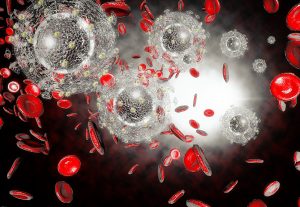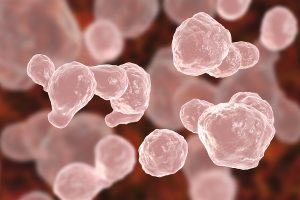Fresno Immune Deficiency Specialist
Immune deficiency disorder, also known as immunodeficiency, refers to a weakened or compromised immune system, which makes individuals more susceptible to infections and illnesses. Primary immunodeficiency disorders are inherited conditions that affect the immune system’s ability to fight off infections effectively. Secondary immunodeficiency disorders can result from underlying medical conditions, certain cancers, or medications that suppress the immune system. Californians with immune deficiencies may experience frequent or severe infections, slow wound healing, and difficulty recovering from illnesses.

Diagnosing Immune Deficiency in Fresno
Diagnosing immune deficiency involves a comprehensive evaluation by a healthcare provider, typically an allergist and immunologist. This evaluation may include a thorough medical history review, physical examination, and laboratory tests to assess immune function. Blood tests, such as complete blood count (CBC), immunoglobulin levels, and specific antibody tests, can help identify abnormalities in the immune system. Additional diagnostic tests, such as genetic testing, may be performed to pinpoint the underlying cause of immune deficiency. Early diagnosis is crucial for implementing appropriate treatment and management strategies.

Treating Immune Deficiency Disorders in Fresno
Treatment for immune deficiency aims to boost the immune system’s function and prevent infections. Depending on the underlying cause and severity of the condition, treatment options may include immunoglobulin replacement therapy, which provides antibodies to help fight off infections. Antibiotics or antiviral medications may be prescribed to prevent or treat infections. In some cases, immunomodulatory drugs or bone marrow transplantation may be considered for certain types of immune deficiencies. Additionally, lifestyle modifications, such as maintaining good hygiene practices, avoiding exposure to infectious agents, and receiving recommended vaccinations, can help reduce the risk of infections in individuals with immune deficiencies. Regular follow-up with a Fresno allergy and immunology specialist is essential for ongoing monitoring and management of immune deficiency.
